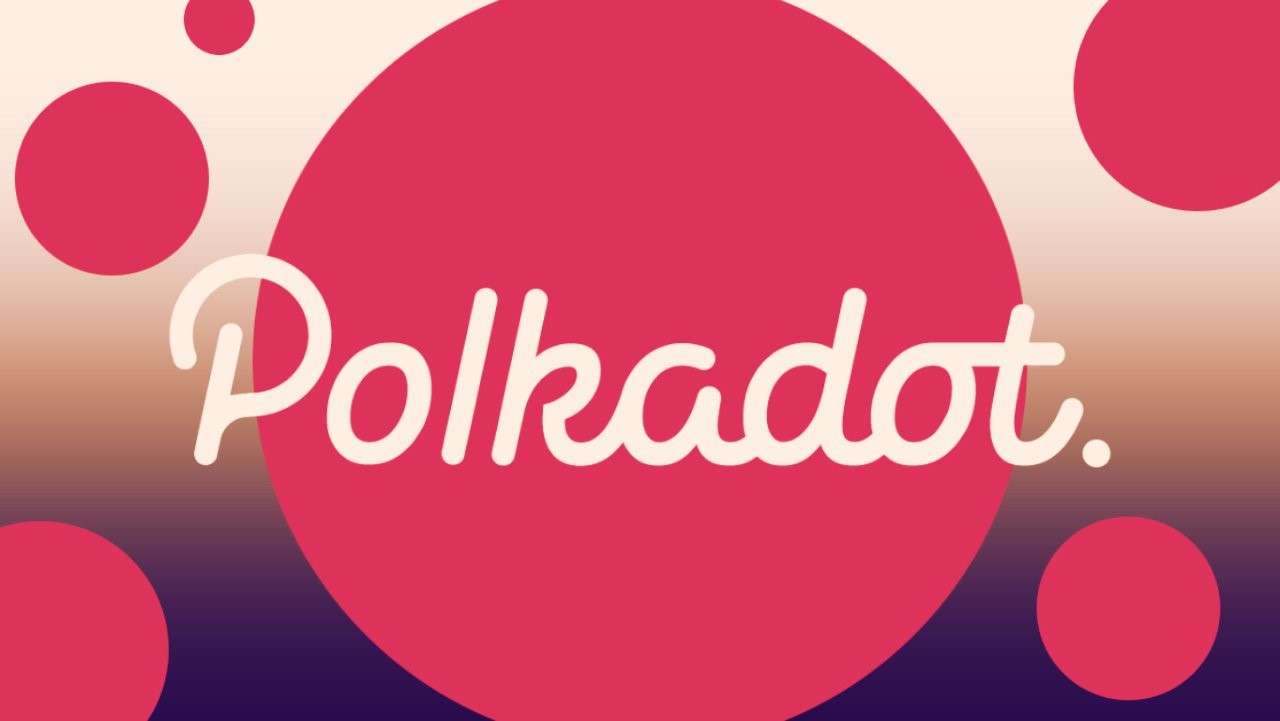Everyone is talking about NFT (non-fungible token) technology, and companies are spending big on huge opportunities to bring this technology to the hospitality industry.
In fact, last year over $2 billion was spent in the first three months. While the global luxury hotel and resort industry is expected to be a $160 billion market by 2031, the experience economy is projected to reach $8 trillion, with the metaverse market opportunity an impressive $13 trillion.
It’s no wonder that excitement has reached fever pitch, and big brands are jumping on board. It is not difficult to see the potential of this technology and what it can add to a hotel, as the possibilities are endless. Leading hotel chains are already releasing their versions of NFTs with actual use cases for the benefit of their customers worldwide.
Subscribe to our newsletter below
In 2021, Marriott International was among the first brands to take advantage of the value of NFTs in the form of hotel technology to rekindle a passion for travel after a long period of downtime. The hotel partnered with digital artists TXREK, JVY and Erick Nicolay to create unique digital images that owners will claim as their original artwork. During the Art Basel Miami Beach 2021 event, the hotel unveiled a collection of artworks with NFTs awarded to individuals who could redeem them for travel experiences. It inspired people to start traveling again. Marriott saw where people were hanging out during lockdown and knew they had to be there too.
The most successful metaverse and NFT projects will be those that build, engage and appeal to local communities. Initiatives that take advantage of the growing experience economy are key for any business venturing into Web3. Wyndham Hotels is partnering with a crypto startup to create a Bitcoin rewards program for its guests that allows them to claim bitcoin rewards for cash or loyalty benefits.
But even with the new rise of technology, the hotel industry’s fundamental business model requires a personalized experience. At the end of the day, hotels need guests to physically visit their locations and stay in “real” rooms.
Some hotels are considering selling reservations as NFTs. The idea is basically that a customer books a room and receives an NFT. If they can’t use the reservation, they can resell it to someone else. This will enable them to earn their money back and the hotel will not have to deal with an empty room. It sounds good in theory, but ultimately this will lead to chaos.
This model is likely to encourage a secondary market for popular tourist destinations. Scalpers will buy up nights in advance, then resell them at a profit when tourists run out of options.
The biggest issue, however, will be the impact this has on the local economy. If a company buys up nights to sell at a very high price, they can stop selling when they have earned enough. This would leave many rooms empty, causing staff to lose their jobs. This will trickle down to local businesses, bars and restaurants who will lose thousands from non-existent patrons. The solution may be for other industries, such as airlines, to move in to buy up the NFTs; However, this will affect the smaller players who do not have the resources to do this.
Metaverse technology, if used correctly, should enhance and complement the “real life” hospitality and travel experience, not try to replace it. The potential of this technology is limitless; But before we get carried away by the possibilities, it needs careful monitoring and agreed rules and systems from the outset.
About the author…

























